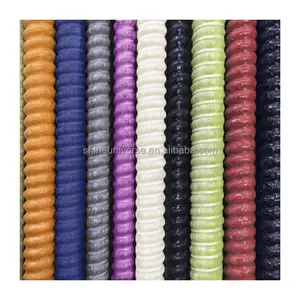

HRB355 HRB400 HRB500 6mm-20mm Hot Rolled Deformed Reinforcing Steel Rebar Iron Rod From Quality Material


Astm 615 A500c Grade 60 Hrb400 Steel Rebar Cutter Carbons Basalt Fiber Rebar Tie Wire 32mm Steel Rebar Coupler Price
























Basalt rebar represents a significant advancement in construction material technology. As a category, it encompasses composite materials specifically designed to reinforce structures with a composition primarily derived from basalt rock. This innovative product is gaining traction in various construction applications due to its intrinsic properties that contribute to the longevity and durability of concrete structures.
The core component of basalt rebar is basalt fiber, which is produced through the process of crushing basalt rock, melting it, and then forming it into fibers. These fibers are then bundled and coated with a resin to create rods that are both strong and flexible. The manufacturing processes, such as pultrusion and winding, ensure that the rebars are not only durable but also have a consistent quality.
Basalt fiber rebar is versatile in its applications, finding its place in a variety of construction projects. Its use spans from reinforcing concrete in buildings and bridges to specialized projects like power stations and seaports. The material's non-corrosive nature also makes it suitable for structures exposed to harsh environmental conditions, such as coastal areas where saltwater can significantly reduce the lifespan of traditional steel rebar.
One of the primary advantages of basalt composite rebar is its resistance to environmental factors. Unlike steel, it does not succumb to corrosion and is also non-magnetic, which is beneficial in applications sensitive to magnetic interference. Additionally, its thermal properties are favorable, with a low coefficient of thermal expansion, making it stable across temperature variations. The material is also noted for its excellent tensile strength, which is crucial for supporting structures under stress.
The features of basalt reinforcement rods extend to their lightweight nature, which simplifies handling and transportation, potentially reducing overall construction costs. They are also characterized by their flame-retardant properties and ability to provide heat insulation. Moreover, these rebars are designed to be cuttable, allowing for ease of use on-site without the need for specialized equipment.
Sustainability is a key factor in modern construction materials, and basalt structural reinforcement aligns with eco-friendly practices. The production of basalt rebar has a lower environmental impact compared to traditional steel rebar, and its longevity means less frequent replacement, thereby reducing waste. Its attributes contribute to the creation of buildings and infrastructure that are not only strong and durable but also have a reduced carbon footprint.